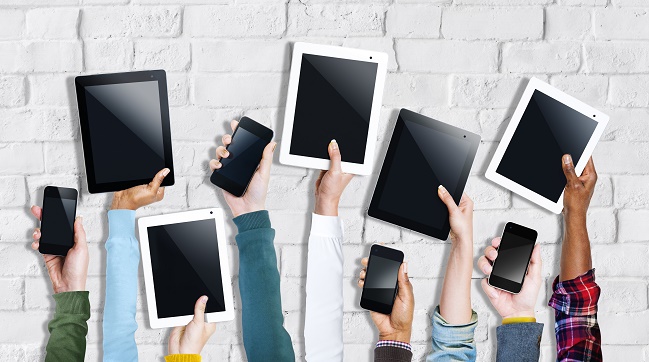Mobile Device Security
That smart phone you carry, or your tablet, or your laptop - they all contain important information about you, from photos and bank account information to credit card numbers and even your exact location at a given moment.
These devices make you just as susceptible to identity theft, phishing, and malware as your home or business computer does. Please think about the following precautions:
Having your operating system and apps up-to-date is the best defense against malware and other online threats.
Many of us download apps for specific reasons, and now we no longer need them. It’s a good security practice to delete all apps you are not using.
Use strong passwords and passcodes to lock your devices in case they are lost or stolen.
Your personal information can be used to steal your identity and business information. Be thoughtful about who gets this information and how it’s collected through apps and websites.
Use security and privacy settings on apps and websites to manage what is shared about you and who sees it.
Some stores and locations look for devices with Wi-Fi or Bluetooth enable in order to track your movements. Disable Wi-Fi and Bluetooth when not in use. This also saves battery life.
Public wireless networks and hotspots are not secure and could allow anyone to see what you are doing on your device. Limit yor activity on public Wi-Fi, and avoid logging in to key personal accounts like email or financial sites. Consider using a virtual private network (VPN) or a personal hot spot for a more secure connection. Lamar University provides secure remote access via VPN for employees and students. Click here for
VPN instructions and downloads.
Phishing text messages, calls, and emails are on the rise. Don’t give out personal or financial information or usernames or passwords.
This invalidates your iPhone’s warranty and makes your phone less secure and more error-prone.
Only download apps from trusted sites such as the Apple App Store or Google Play Store.
Make sure their not looking at personal information.



